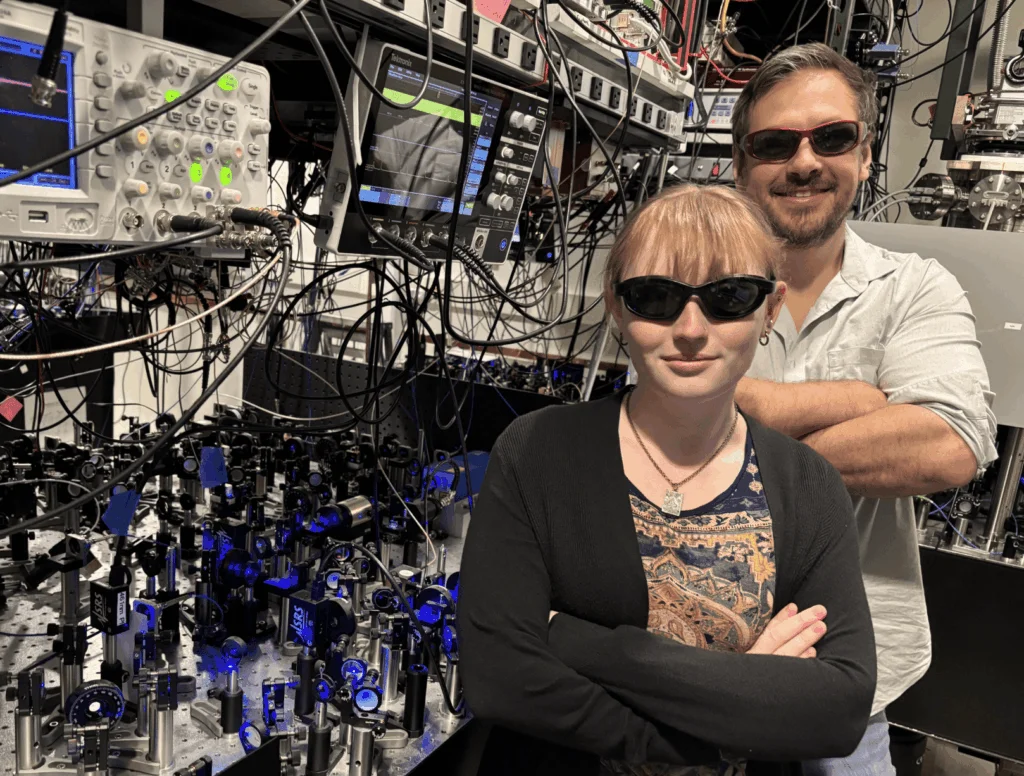Insider Brief
- In a recent interview, Congressman Glenn Ivey and IonQ CEO Peter Chapman underlined quantum computing’s critical role in both the US economy and national security, particularly as competition with China intensifies.
- Quantum computers could break encryption, posing a major security risk, while also powering the global economy for the next 50 years.
- Both leaders stressed the need for public-private partnerships between government, industry, and academia to maintain US leadership in quantum technology.
In a recent Bloomberg interview, Maryland Congressman Glenn Ivey and IonQ CEO Peter Chapman discussed the critical importance of quantum computing for the future of both the US economy and national security. As competition with China intensifies, both leaders stressed the need for a united effort across government, industry, and academia.
Chapman began by outlining the dual significance of quantum technology.
“A large enough quantum computer could break encryption,” he warned. “We use encryption for digital data, communications, and even to verify ownership records. A compromised system could have massive repercussions.” Beyond security, Chapman added: “Quantum is expected to power the global economy for the next 50 years.”

Ivey echoed these sentiments, describing quantum as a key battlefield in US-China competition.
“China has allocated $15 billion to quantum, even building a city dedicated to the technology,” he remarked, while also stressing the need for the US to ramp up its investment, saying: “If we want to stay ahead, we must provide the necessary capital and support.”
Both Chapman and Ivey agreed that public-private partnerships are crucial for advancing quantum technologies.
“It’s a joint effort,” said Ivey. “If we work together — industry, government, and academia — we can maintain our lead.”
Chapman, too, underlined collaboration, stating: “We compete in the West through industry, not just government.”
Chapman further addressed the growing cybersecurity concerns tied to quantum computing.
“Quantum computing can crack cyber defenses, but it also holds the solution. We’re working on quantum networks that can’t be hacked by quantum computers,” he said. This dual role of quantum as both a risk and a safeguard was a key point of discussion.
As the US looks to the future, both leaders believe quantum will be at the forefront of innovation. But keeping that lead will require significant investment and collaboration, especially as rivals like China push forward with aggressive quantum initiatives.
Featured image: Credit: Bloomberg















